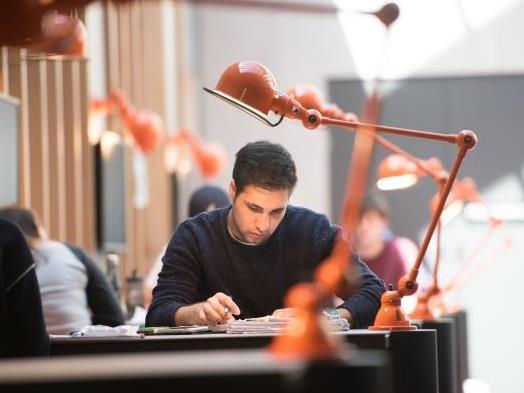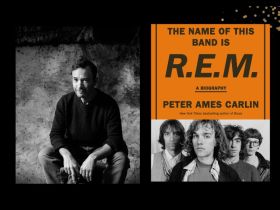Image supplied
An increasing number of professionals are returning to postgraduate study to hone their editing skills, branching out into careers that span print publishing, online media and technical writing.
Associate Professor Mark Davis, coordinator of the Master of Publishing and Communications degree at The University of Melbourne, said students who enrol in this course want to fine-tune their editing skills to help with career expansion.
‘We get people from all sorts of backgrounds who want editing skills as part of an existing career,’ Associate Professor Davis said. ‘Our students might work for a bank or have a science degree but they don’t want to get into science, they want to get into science education. The course is designed so you can enter laterally from all sorts of backgrounds.’
‘The core thing that we teach is editing skills, and that’s editing in all mediums. So, we’re not print-centric, we’re not web-centric; we’re teaching editing as a transportable skill across all mediums in multiple professional contexts.’
He said editing has become very much a distributed function.‘Lots of companies that didn’t hire editors, who never even thought of hiring editors, now do. It’s mainly large NGOs and large corporations, such as finance companies and industry-owned corporations, which produce enormous amounts of literature and often do that in-house. There’s quite a lot of that work out there and it’s under the radar.’
Learn more about the Master of Publishing and Communications
Associate Professor Davis said the degree is very much a ‘real-world course’ and that practicality is a major focus. Students help produce publications for Grattan St Press and are given the opportunity to undertake an internship at the end of their course.
We have a big internship program and we’ve got a couple of hundred of regular internship placements that we do with companies right across the board. So that’s traditional publishing companies through to NGOs, through to corporate communication units, right through to software companies in their documentation creation sections.’
It was this practical component of the Master of Publishing and Communications course that particularly appealed to alumnus Lachean Humphreys, now a managing editor at Hardie Grant.
‘With workshops and editing exercises, I started to hone skills and was able to recognise my strengths and weaknesses,’ said Humphreys, whose typical day now sees her writing, editing and project managing for a broad range of clients from company publications to biographies and coffee table-style books.
But it was the networking aspect of the Masters program, including the opportunity to meet authors such as Frank Moorhouse, which proved most memorable.
Take notice of the people you’re meeting – your peers, as well as your lecturers, guest lecturers and tutors. You never know who you’ll meet and what opportunities might come about from just chatting,’ she advised.
Associate Professor Davis agreed.
‘We want students to leave with a really good sense of excitement and possibility of what they might do,’ he said. ‘The opportunities that exist are real and if you’ve got the right mindset you can grab hold of them and you can really make something happen.’
For more information visit http://graduate.arts.unimelb.edu.au/study/degrees/master-of-publishing-and-communications/overview





